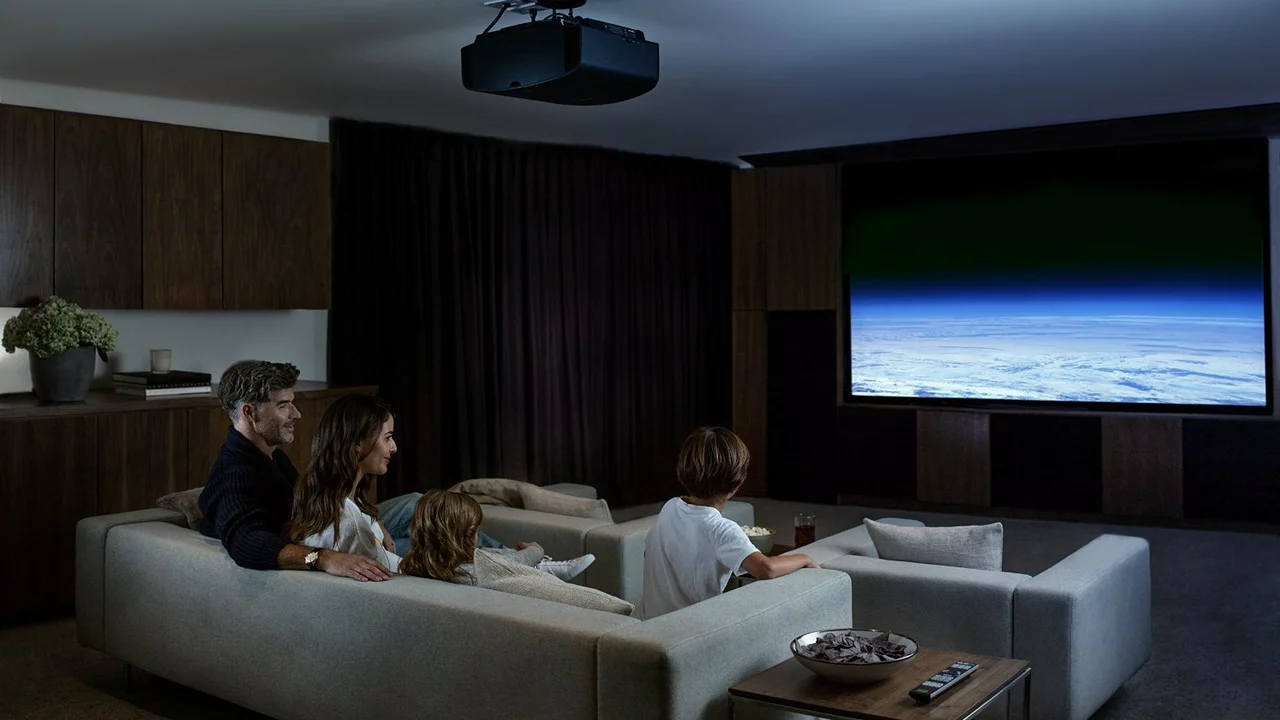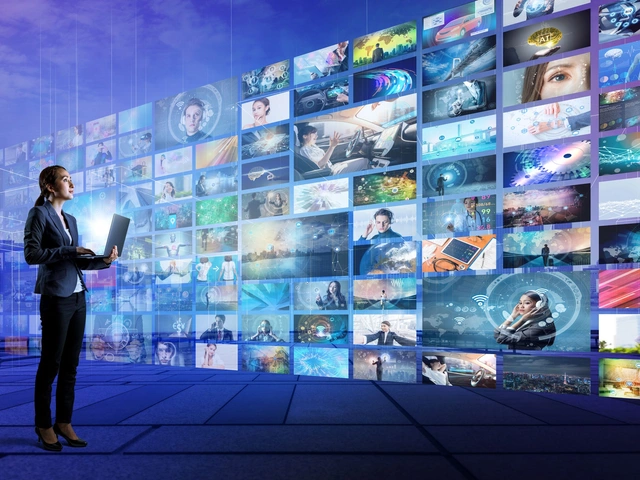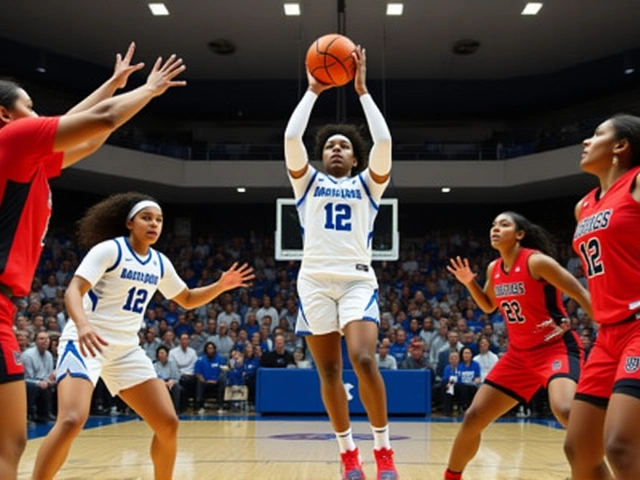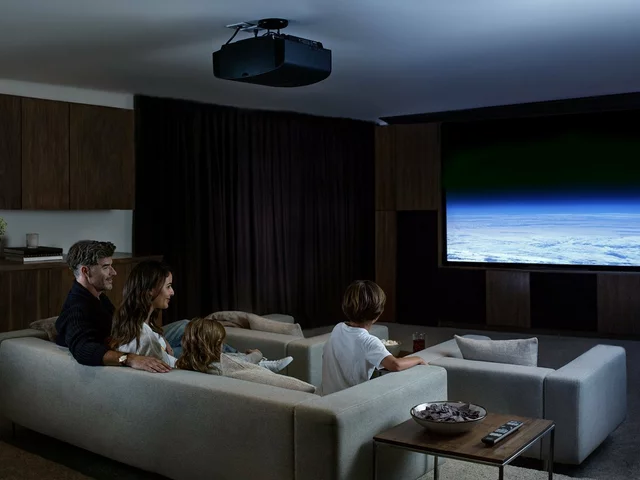The Intriguing History Behind Giant Silver Screens
If you were to picture a typical movie theatre in your head, I'm sure the first thing that will pop into your mind is a big, shiny projector at the back of the room throwing fuzzy images onto a big white screen. But have you ever wondered why movie theatres employ projectors instead of just using a big screen TV? I have to confess, during the many movie-nights held by my beautiful wife, Sabrina, and me, this question used to perplex my mind. Consequently, I embarked on an exploration that eventually led me down a fascinating rabbit hole. Let's dive into it together.
The projector has been the heart of cinema since its inception, with the Lumiere brothers conducting the first public movie screening using a projector in 1895. The main reason behind this is primarily the size and viewing distance. Theaters need to cater to audiences of different sizes, where a large number of people should be able to see the same image at the same time. A projector can create a much larger image relative to its size than a TV can. Plus, a projector image maintains its resolution, no matter how far the viewer is, which isn't the case for TVs. This principle set in motion the evolution of projectors which have come a long way since their origin.
Let's Talk Tech: How Projectors Outshine TVs
As far as technology is concerned, projectors utilize an interesting trick of light to render images. When the light from the projector lamp passes through the microscopic pixels of a film or digital content, it generates an image that is then magnified and displayed on the screen. Considering the scale at which projectors operate, there's virtually no limit to the image's size, making it perfect for a cinema house setting.
TVs, in contrast, use a different strategy to display images. They use liquid crystals or LED panels that are directly lit by a backlight. While this solution works marvelously for your home setup, it fails monumentally when required to perform at a larger scale. Simply put, the technology used in TVs does not lend itself well to enlargement. To match the size of a projected image, a TV would have to be incredibly large and, consequently, incredibly expensive.
The Charm of Theaters: A Personal Anecdote
Now, let's shift gears and talk a bit about the allure that big screens in movie theatres hold over us. There's a 40% chance I'd have a relevant story, and guess what, I do. It was a warm evening, many moons ago, when Sabrina and I were at Sydney's iconic Hayden Orpheum Picture Palace for a film festival. Our eyes were glued to that mammoth screen, almost enveloped by the cinematic spectacle unfolding before us. I remember thinking that no home entertainment setup could replicate that overwhelming feeling. In fact, that giant size contributes to a sort of "immersion" that hooks movie-goers and makes the experience memorable.
An Economical Aspect: Cost and Efficiency
Cost is one of the key reasons why projectors triumph over TVs in movie theatres. Projectors, for the most part, are more cost-effective when it comes to larger display sizes. The cost of a TV that can match a standard cinema screen size would be astronomical. In contrast, projectors capable of exhibiting a clear, detailed picture on a similar scale are relatively inexpensive. In fact, maintenance wise, projectors are also more pocket friendly. A broken pixel or lamp can be fixed or replaced without having to replace the whole device, unlike a TV.
Viewing Experience: Brightness and Colors
Projectors in theatres support brighter images than your average home television, which becomes particularly advantageous during 3D showings. In a theatre, the projected image is reflected off a silver or white screen, the reflective nature of which amplifies the brightness to accommodate a large audience. TVs could not reach such brilliance because the 'brightness' of a TV screen is basically the intensity of the backlight shining through the panel, which wouldn't be practical or cost-effective on a larger scale.
Similarly, colors come out richer and deeper on a cinema screen. The black levels and contrast ratio offered by digital cinema projectors surpass those provided by TVs. Deeper blacks mean better contrast, clearer images, and a more realistic picture. Folks, think about watching 'Avatar' or 'Life of Pi.' Yep, we owe those unforgettable experiences to the unparalleled capabilities of projectors.
The Silver Lining: A Glimpse into the Future
While projectors have been the traditional equipment in movie theatres for decades, there is a new challenge on the horizon. Samsung debuted their own version of a theater display called "Cinema LED Screen" a while back. It is basically a colossal TV screen that promises to deliver superior image quality, brighter colors, and perfect blacks. This may suggest a change in coming years, however, at the moment, it remains highly expensive and unfeasible for most cinemas.
In the end, projectors have been an intrinsic part of the cinematic experience since its dawn. Despite technological advancements, they continue to monopolize the movie theatre arena, keeping their TV rivals at bay. At least for now, they aren't going anywhere, folks. Unless of course, you're willing to shell out a fortune to transform your humble movie theatre into something from a sci-fi movie. For now, we'll continue to be entranced by the magic of the giant silver screen, unspooling tales told by silhouettes of light and color.
Now, excuse me while I go set up the projector for another cozy movie night with Sabrina. Until next time!






